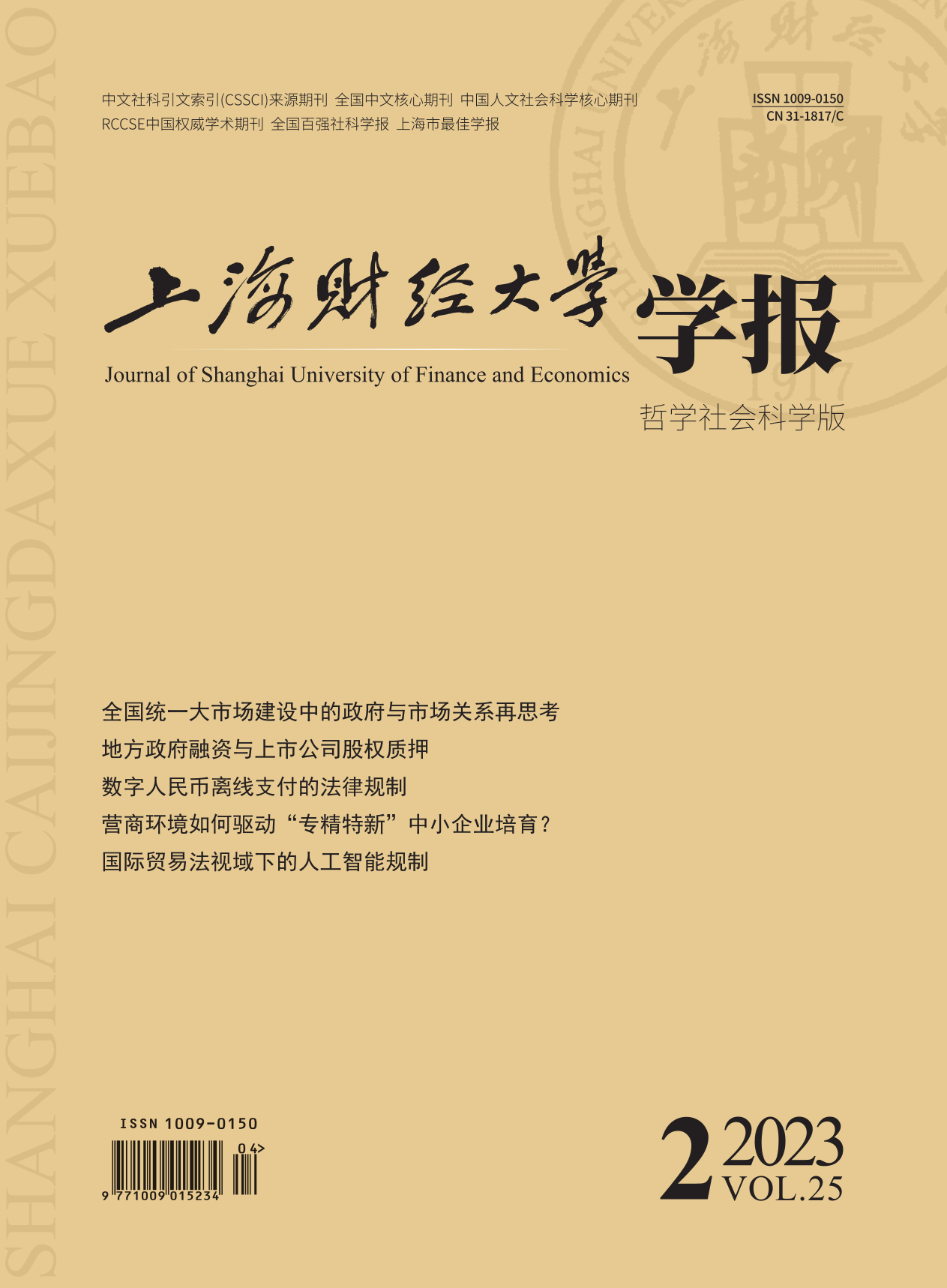Digital Yuan (e-CNY) is stored in the digital wallet in the form of an encrypted string and issued under the two-tier system. It can circulate offline through payment instruments such as mobile phone or chip card combined with new communication technologies. The application of e-CNY can be divided into three categories: First, payment through the mobile phone (APP). It makes e-CNY stored based on the APP wallet and achieves payment information interaction based on NFC and other technologies. Second, payment through the independent chip card, as well as the wearable device with built-in or inserted chip. It makes e-CNY stored based on hardware wallet and achieves payment information interaction based on NFC and other technologies. Third, payment through the combination of mobile phone and independent chip card or wearable device. It makes e-CNY stored based on hardware wallet, and achieves interaction based on the Internet and other technologies. The offline payment of e-CNY is based on the monetary debt relationship between the payer and the payee, and the payment service relationship between the payer/payee and the custodian, where these parties complete the monetary debt repayment around the information interaction of the payment order.
However, different from online payment, e-CNY under offline payment has special delay and stronger anonymity, which leads to unclear settlement finality of e-CNY and double payment such as wallet data tampering or delayed repeated payment, and exacerbates illegal and criminal activities such as money laundering or tax evasion based on the real-name account system. Regrettably, it is difficult to effectively deal with the traditional money and payment regulation paths based on the real-name account system and the safeguard for legal and safe deposition in banking or payment account.
In order to improve the legal regulation on e-CNY offline payment, first of all, the access and daily supervision of offline payment should be established based on the policy orientation of small, temporary, and near-field position; especially, the law should require commercial banks to fulfill the obligations of customer suitability and data protection. Secondly, the e-CNY offline payment service should be regarded as the creditor’s right of monetary service claimed by the holder to the commercial bank, where the national credit is guaranteed by the central bank, and the effect of legal tender should be weaker than cash and online e-CNY in terms of payment frequency and amount. Finally, under the principle of the partial anonymity with small amount, the APP wallet should be regulated by referring to the real-name system on banking or payment account, and under the principle of the completely anonymity, the two kinds of hardware wallet should be regulated for large amount of funds in or out by referring to the cash management regulations.





 6253
6253  8995
8995

